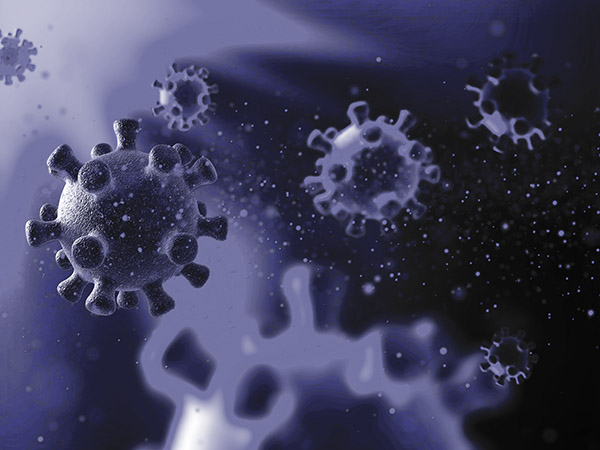

You are not alone.
Many people are living with HIV, even if you don't know that they are.
Most people with HIV live long and healthy lives if they get medical treatment and take care of themselves.
A diagnosis of HIV does not mean that you have AIDS.
Learning how to live with HIV and getting care and medications will help you to feel better and get on with your life. Your provider and healthcare team can help you manage your HIV.
What is HIV? (Human Immunodeficiency Virus)
HIV (human immunodeficiency virus) is a virus that attacks the immune system. The immune system is the body’s germ fighting system. The immune system becomes weaker, making it harder for the body to fight off infections and some kinds of cancers.
Most people who get treatment early and take medicines for HIV can live long, healthy lives.

What is AIDS? (Acquired Immune Deficiency Syndrome)
AIDS (acquired immune deficiency syndrome) develops after someone has had HIV for many years. In AIDS, the immune system is severely weakened. Serious infections and health problems happen.
Medicines help prevent HIV from developing into AIDS.
In the U.S., most people with HIV do not develop AIDS because taking HIV medicine every day as prescribed stops the progression of the disease.
How Do You Get HIV?
You can only get HIV by coming into direct contact with certain body fluids from a person with HIV.
People can get HIV through:
- sex
- sharing needles for injecting drugs or tattooing
- getting stuck with a needle with an infected person's blood on it
People with HIV who take HIV medicine daily as prescribed and have an undetectable viral load (the amount of HIV in a sample of blood) have really no risk of giving their partners HIV.

Ways HIV Cannot Be Spread
HIV is not spread by:
- Air or water
- Mosquitoes, ticks or other insects
- Bodily fluids other than blood (pee, poop, spit, vomit, sweat, etc.)
- Coughing or sneezing
- Holding hands
- Sharing eating utensils or drinking glasses
- Shaking hands
- Hugging
- Sharing toilets
- Drinking fountains